It is the first clinic in Australia to the other, for the one on the cloud, which is spreading more and more among the young: the dependence on the mobile phone and the screen of the computer.
To be completed by the Clinic, the Experience of the Screen, and a Third, and the University of Macquarie in Sydney, the results show that parents can be successful in reducing the impact of this dependence on the welfare of the child to adjust to and the limited access to their devices, instead of having to hold them up.
The researchers who 689 couples, parents of five strategies: establishing boundaries in a network, the WiFi in the home, the constraints on the data to a mobile device; disconnect the Wi-Fi at the time of going to; negotiate the boundaries of the operation of the device, and to determine the effects, such as borders, and access to, for violation of the rules.
The parents completed a questionnaire relating to the conduct of their children, indicating whether they were able to hand in their assignments in the school for the reason of the connection to the device, or if you damaged the property in the debate on access to mobile phones and computers. Among the parents in the trial, the children who met the criteria for dependence on the home screen, 32% reported that their children were no longer hanging out. A higher level of success of 60%, it was for the parents of children who had symptoms of addiction, from the videolojërat.
“Your intelligent, and applications associated with them, are designed to be created on, and in order to maximize the time users spend on them,” said Amy Friedlander, bashkëthemeluese of the group's parent by our Mate. It can be difficult even for adults to regulate their use, and even more so for children and adolescents, brain-which is still in development.

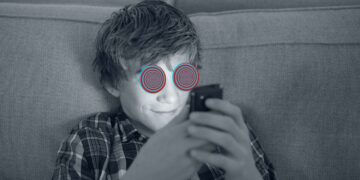

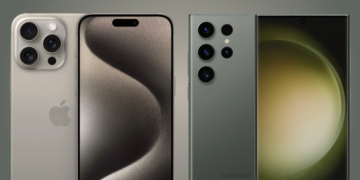
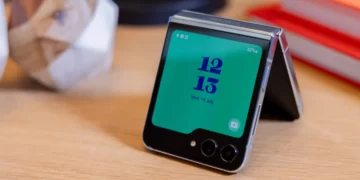











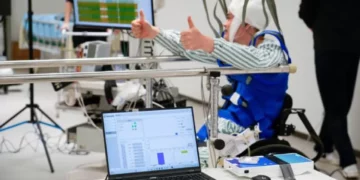
























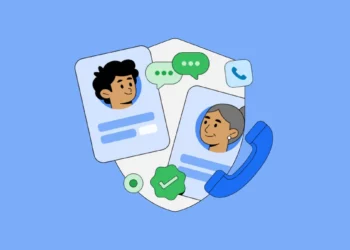










Discussion about this post